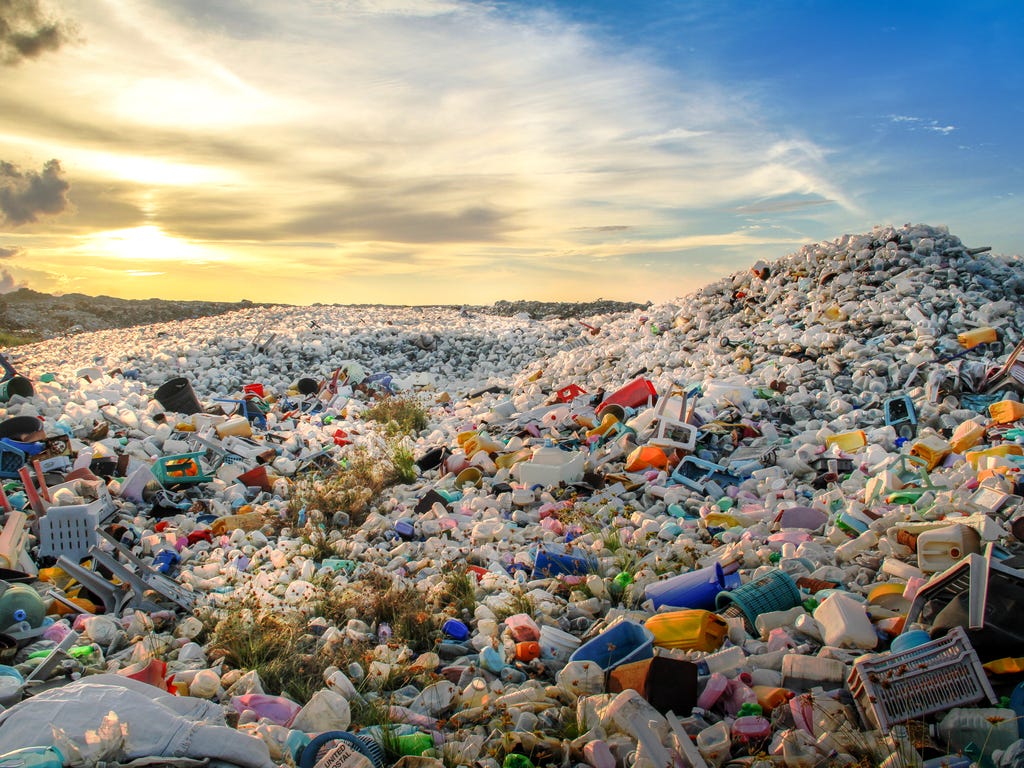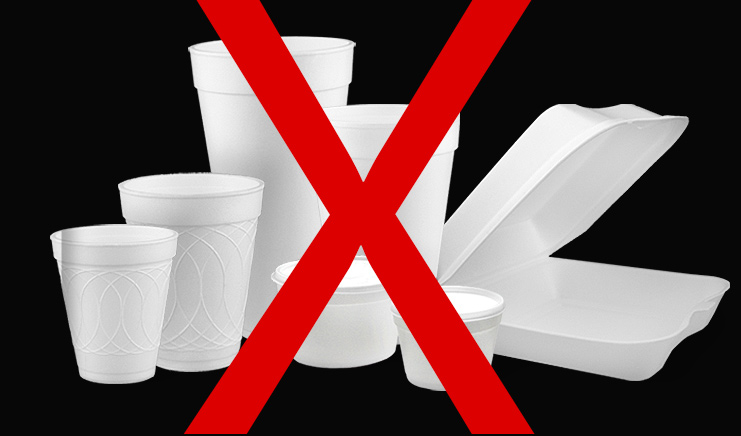
In a significant environmental move, Nigeria has embarked on a mission to eliminate single-use plastics, taking inspiration from nations at the forefront of plastic waste reduction. The Federal Ministry of Environment initiative commenced with the halt of single-use plastic use at its Abuja headquarters, following discussions during a two-day ministerial retreat in Kaduna themed ‘Policy Embedment and Synergy of Prioritized Action for a Renewed Hope in Environmental Management,’ the retreat brought together leaders from various agencies and projects.
This follows successful practices in other African countries that have taken similar actions at various scales.
Kenya’s stringent regulations against single-use plastics includes a ban on plastic bags; Rwanda’s exemplary complete ban on single-use plastic bags is also worthy of mention;
Morocco has demonstrated efforts to reduce plastic usage; South Africa has restricted plastic bag usage;
Tanzania also implemented measures to reduce plastic bag consumption; Mauritania has also taken decisive action to ban plastic bags.
Nigeria similarly, seeks to combat environmental degradation through the plastic-free approach. A committee has therefore been set up known as the “Circular Nigeria Committee,” led by Prof. Aliyu Jauro, that will spearhead the circular economy roadmap. This committee will gradually phase out single-use plastics, starting within the ministry and extending to its agencies, emphasizing mentorship and sustainability.
In a related development, the Lagos State Government announced an immediate ban on the usage and distribution of single-use plastics, particularly non-biodegradable Styrofoam. The decision follows the environmental challenges posed by such plastics in the densely populated state. Lagos State Commissioner for Environment and Water Resources, Tokunbo Wahab, highlighted the daily clogging of drainage channels and littering of major roads with Styrofoam.
 Wahab directed Lagos Waste Management Authority (LAWMA) and the Kick Against Indiscipline (KAI) to enforce the ban. Producers, distributors, and end-users of Styrofoam packs were urged to find alternatives or face heavy fines, penalties, and potential sealing of premises. The state invoked existing laws, including the National Environmental Regulation 2009 and the 2017 State Environmental Management and Protection Law, to support the ban.
Wahab directed Lagos Waste Management Authority (LAWMA) and the Kick Against Indiscipline (KAI) to enforce the ban. Producers, distributors, and end-users of Styrofoam packs were urged to find alternatives or face heavy fines, penalties, and potential sealing of premises. The state invoked existing laws, including the National Environmental Regulation 2009 and the 2017 State Environmental Management and Protection Law, to support the ban.
Sayari Dunia Sustainable Tourism Foundation, the climate action and sustainable tourism non profit, praised Nigeria’s move as well as the decisive action by the Lagos state government, aligning with global efforts like the Global Plastics Action Partnership, the UN Global Plastics Treaty etc.
These measures align with Nigeria’s commitment within the Africa Tourism Climate Action Forum ATCAF, an initiative by Sayari Dunia Sustainable Tourism Foundation SDSTF, to drive climate action, sustainable tourism and green trade and transitioning to a green economy reflecting a broader continental effort towards sustainability and environmental consciousness for planet health.
Nigeria’s resolve to combat plastic waste emphasizes the urgency of adopting green initiatives for a sustainable and regenerative planet earth.

